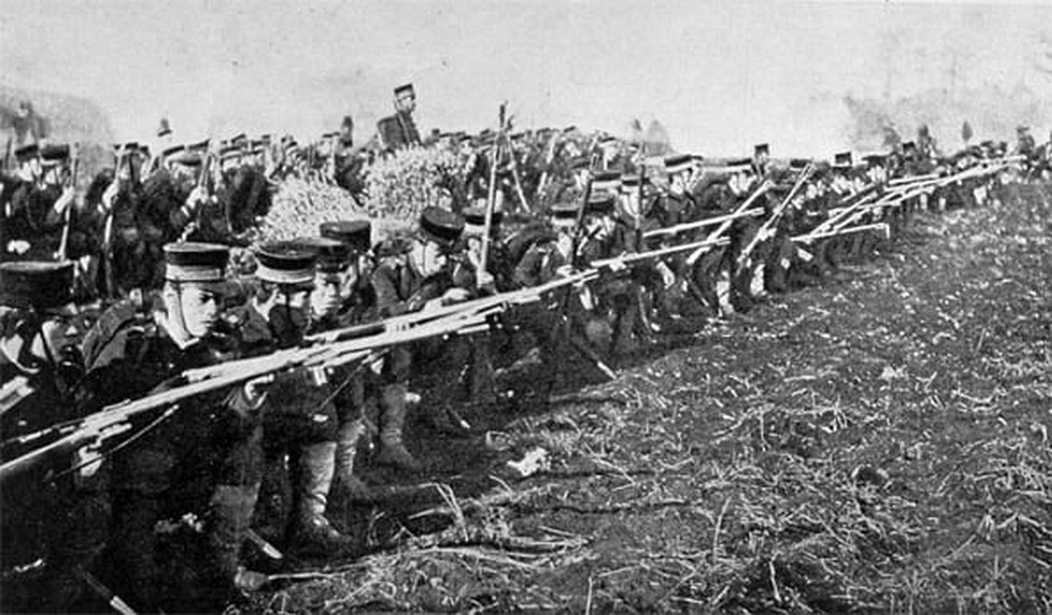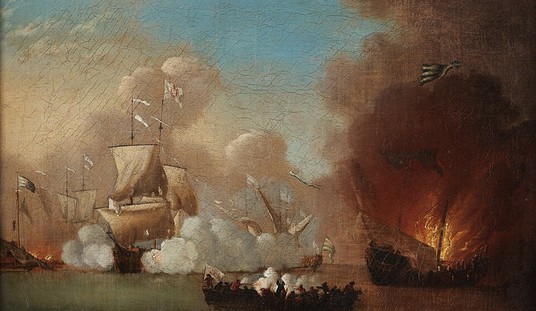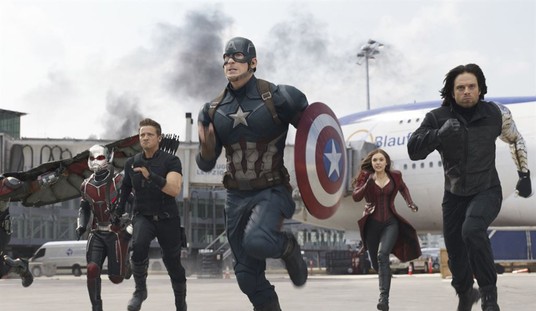Alistair Horne is one of those rare writers on military affairs who actually has some experience. He enlisted in the Royal Air Force in 1943 at age 17. His vision kept him from qualifying as a pilot so he managed to land a commission in the Coldstream Guards and fought with them in Europe. After the war he did a stint in the Middle East, attached to MI5.
He is a prolific writer and brings his journalist’s eye to his work which makes it very accessible to the non-academic reader but instead of a dumbed-down, bowdlerized product, so typical of modern “popular histories,” Horne’s keen intellect provides insights many more credentialed historians have missed. The small wars of the post-World War II era have always been one of my interests and when his A Savage War of Peace appeared in 1977 it was the first time many Americans had encountered the Algerian War outside passing Frederick Forsyth’s Day of the Jackal. A Savage War of Peace saw a renaissance in 2004-5, when it seemed that our fight in Iraq was beginning to look like Algeria.
In his latest offering is Hubris: The Tragedy Of War In the Twentieth Century. The general theme of the book is that success in war begets an arrogance that comes back to haunt the victor in the worst possible way.
To make his point, Horne starts with an aggressive Meiji Japan attempting to find its place in the sun, it’s place at the high table, if you will, among imperial powers. When Japan thrashes a hapless China, the weak, fat kid of Asia, in the Sino-Japanese War and imposes severe terms of victory, she is incensed when Western powers intervene to reduce her winnings and give some of what Japan saw as her just due, like Port Arthur, to Imperial Russia. This beget the Russo-Japanese War which Horne examines in passing on land — where the use of barbed wire, machine guns, rapid-firing artillery, and trenches along with concomitant slaughter provided an eerie preview of Europe in 1915-1918 — and in much more detail at sea where the first ever clash of modern battleships took place in Tsushima Straits. Horne sees Japan’s victories eliding over the near exhaustion of Japan’s army, navy, and economy and convincing the Japanese power structure, military and civilian, that Japan was invincible.
From there we go to the Nomohan Incident and the Battle of Khalkin Gol which pitted the Japanese Manchurian Army, arguably the best soldiers Japan had to offer, against the Red Army in a border skirmish. The better equipped Red Army, led by Marshal-to-be Georgy Zhukov, annihilated the Japanese in a battle that was as much a testament to Zhukov’s iron-will and willingness to kill as many people as it took to win as anything else.
The upshot of this was that a chastened Japan stayed conspicuously neutral when Hitler invaded the Soviet Union and this allowed Stalin to move hundreds of thousands of Siberian troops away from the Manchurian border to show up as an unexpected surprise first at Moscow and then, more significantly, at Stalingrad. In this example, hubris led not only to an embarassing failure of Japanese arms but directly to the defeat of Hitler and, though Horne doesn’t say so, back to the Soviet romp through a rotted out Manchurian Army during Operation August Storm, launched just as the mushroom cloud was rising over Nagasaki.
It is at this point that I think Horne’s thesis starts unraveling. The next episode is the much-studied Barbarossa. Was hubris a huge factor? Of course. Not only in the conception of an invasion of the USSR, but in moving its date forward to engage in a completely meaningless conquest of Yugoslavia. Whatever led to Hitler’s hubris was not rooted to previous military success. An interesting counterpoint, though, would have been how Zhukov’s fairly easy victory in Manchuria led to Stalin’s own hubristic decision to invade Finland in the Winter of 1939-1940 and whether that shabby performance by the Red Army convinced Hitler he could not only conquer Russia but do it fairly easily.
His treatment of Midway is the weakest section of the book. It follows, much too closely for my taste, the narrative established by Walter Lord in Incredible Victory and largely ignores the contribution of Jonathan Parshall and Anthony Tully in Shattered Sword. Puzzling is the focus on Yamamoto’s actions rather on the extent to which Midway fit neatly into Japan’s naval strategy (Kantai Kessen) which was to recreate the Battle of Tsushima with the US Navy somewhere near the Marianas and one of the purposes of the attack on Midway was to lure the US Navy into a must-fight-can’t-win naval battle. This would have been a very neat dovetail with the hubris theory. Yamamoto was as much a tool of this hubris as a practitioner.
Likewise the linkage between the slaughter in Verdun and the tragedy a Dien Bien Phu is, to me obscure. Of course, Verdun had reached the status of myth by the time of Dien Bien Phu but it seems to me that the real hubris was failing to learn anything at all from France’s defeat in World War II and assuming that a Vietnam that had been restive in 1939 would be welcoming in 1945. The same applies to the American involvement in Korea. A Horne, rightfully, explains, no one in the US government wanted a war with China. So MacArthur’s hubris there, much like Hitler’s hubris in Barbarossa, is more of a personal flaw than a direct linkage to military success.
As Leon said in his review (we got two review copies here at RedState) the strength is the treatment of conflicts that most of us are only passingly familiar with. The weakness, in my view, is not that hubris leads to catastrophic defeats but rather that this hubris proceeds from previous success.















Join the conversation as a VIP Member